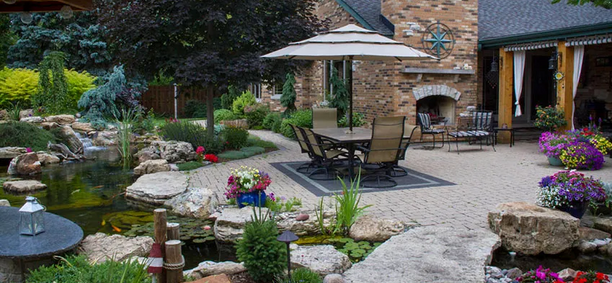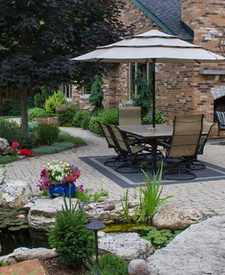7 Things You Can Do Faster Online Than Offline
In today's digital age, the internet has become an integral part of our daily lives, revolutionizing the way we work, communicate, and access information - the internet has had a significant impact on the way we get things done. Tasks that used to take hours or days to complete now only take a few seconds or less. There are countless tasks that can now be accomplished faster online than offline.
All major stores and banks have their websites, educational platforms are easily accessible, you can visit some famous museums online, watch movies and make sports bets at online UK bookmakers without the necessity to visit physical cinemas or betting shops. With just a few clicks, the internet has granted us the convenience to accomplish various tasks within a fraction of the time it would have taken offline. Let’s take a look at seven activities that have been transformed into lightning-fast experiences thanks to the power of the web.
Finding a Date
Dating has always been awkward. Back in the day, people in search of a relationship would try to meet their matches in a variety of places like bars, community events, or through personal ads. The whole ritual was both time-consuming and stressful. Now, finding your perfect match is as easy as opening a dating app and swiping through a full roster of prospective partners.
Shopping
So, you need to pick up a few groceries. You could hop in your car, drive to the grocery store, find a parking spot, and then hope the store has what you’re looking for. Alternatively, you could order what you need online in mere seconds and have those groceries delivered to your door. Anything you could ever want to buy is at your fingertips. This is particularly handy when you are looking for rare items.
Gambling
Playing casino games and betting on sports has become wildly popular over the past couple of decades mainly because the internet has made it so convenient. Instead of having to travel to a casino or betting shop, you can simply pull out your phone and visit an online casino or any of the popular sports betting sites. You don’t even have to get dressed.
Learning
Would you like to take a cooking class? How about getting a degree or some type of certification? Maybe you want to learn how to play the guitar? These are just some of the things that you can do at your own pace and according to your schedule thanks to the internet.
Travel Planning
Planning a vacation in the pre-internet age often entailed a visit to a travel agency that may or may not have found the best deal for you. Now all it takes is a virtual visit to one of the many online travel sites like TripAdvisor that let you quickly and easily find the best flight deals and the most suitable accommodations. You can also plan your activities and get advice from fellow travelers.
Visit a Museum
You no longer have to spend a lot of time and money to visit the most famous museums like the British Museum, Guggenheim, and the Louvre. Instead, you can immerse yourself in a virtual tour complete with audio. You can see famous art, ancient artifacts, and anything else you’re interested in. Dozens of museums and other historical venues offer virtual tours on their websites. And there is no admission fee.
Write an Essay
Writing an essay or other type of paper requires plenty of research, effort, and time. Or does it? With new artificial intelligence technology like ChatGPT and a growing list of similar resources, you can write an essay or article in the blink of an eye. In fact, you don’t even have to write it. The AI does all of the work for you and produces a clearly written and grammatically correct piece to be proud of.
Sure, the internet age has brought forth a new era of speed and efficiency that has transformed the way we do things. Instant communication, convenient shopping, and immediate access to information are a few examples of how we have redefined the concept of speed. With that said, it’s important to remember that these online activities come with their own unique challenges including security, scams, and the prevalence of misinformation.
























